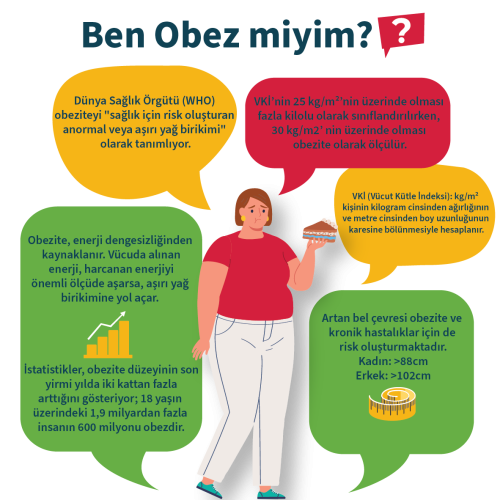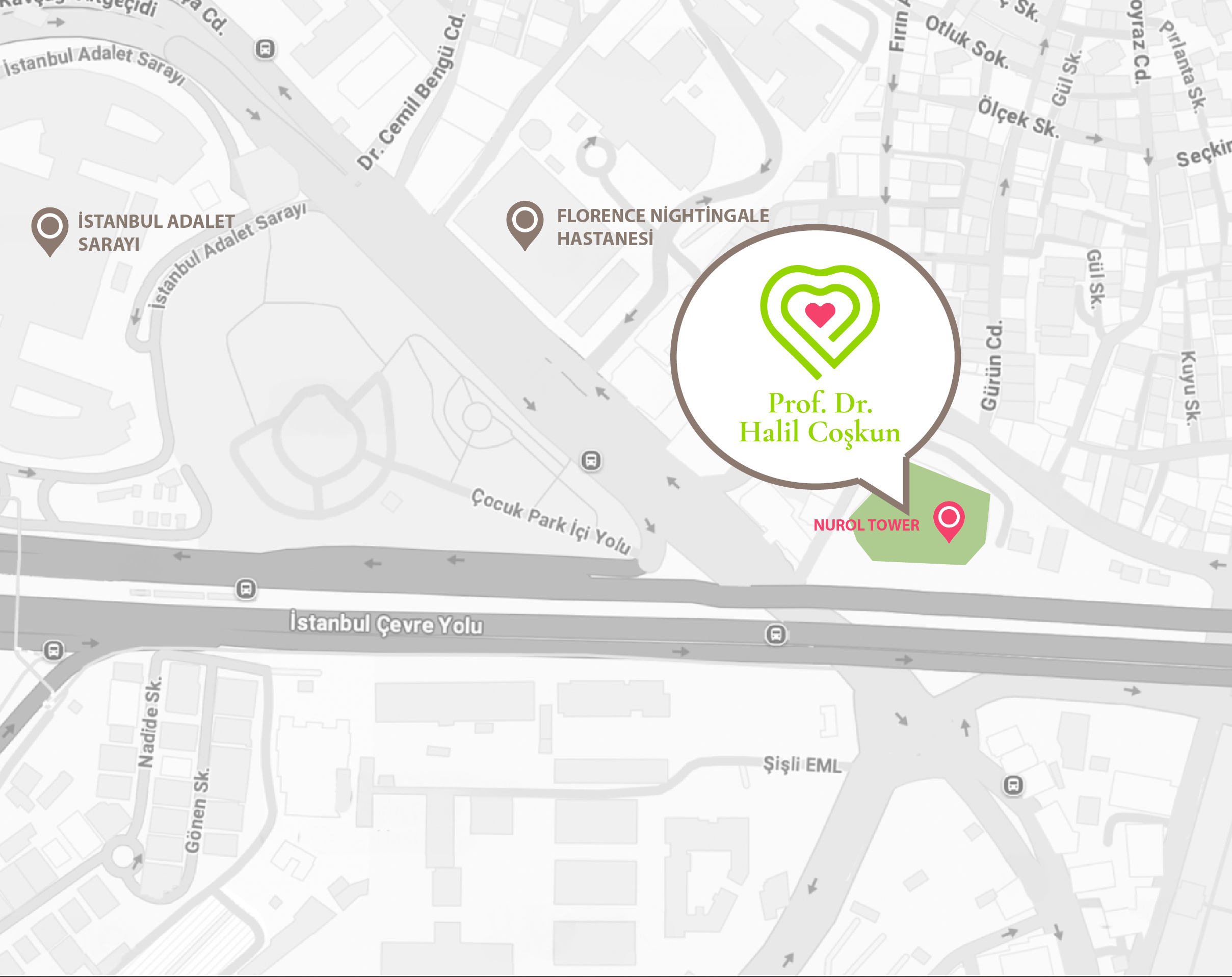Am I Obese?
The World Health Organization (WHO) defines obesity as “an accumulation of fat in the body to the extent that it negatively impacts health.” Today, obesity is not just an aesthetic issue but a chronic disease that poses serious health risks.
According to the 2022 WHO European Obesity Report, Turkey has the highest prevalence of obesity. In Turkey, the adult population’s statistics are as follows:
- 66.8% are overweight,
- 32.1% are classified as obese.
These figures clearly highlight the critical point that obesity has reached in our country.

How can I know if I am obese?
Body Mass Index (BMI) is a simple but effective calculation method that helps us classify obesity based on your height and weight:
- BMI 18.5 – 24.9: Normal
- BMI 25 – 29.9: Overweight
- BMI ≥ 30: Obese
If your BMI is 30 kg/m² or higher, it medically indicates obesity, which is a condition that needs to be treated scientifically.
- To immediately calculate your BMI and assess your body composition, Check our BMI Calculator
Why do some people gain weight more easily?
Obesity is not solely dependent on eating habits. Genetic factors, hormonal imbalances, lifestyle, stress, sleep quality, and environmental influences all contribute to the picture. While some individuals cannot lose weight even with minimal food intake, others do not gain weight despite eating unlimited amounts.
This is a matter of biology, not willpower. Indeed, some genetic variations have been shown to increase the predisposition to obesity.
How do we approach obesity?
At BariatrikLab, we believe that obesity should be addressed with an individual, stigma-free, multidisciplinary approach. Under the leadership of Prof. Dr. Halil Coşkun, we offer solutions by evaluating each patient’s medical, nutritional, and psychological aspects together.
- If you want to find out whether you are a candidate for obesity surgery due to excess weight, Click here to schedule an appointment










